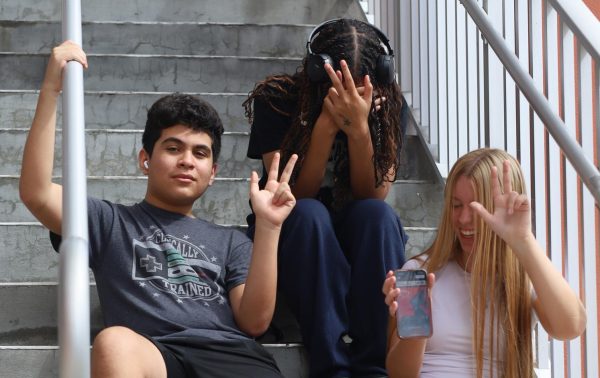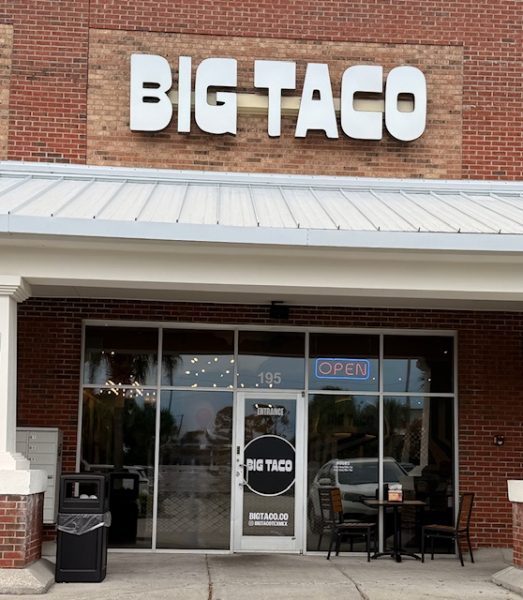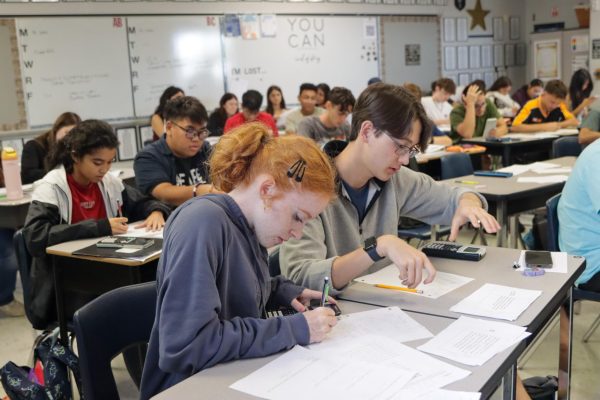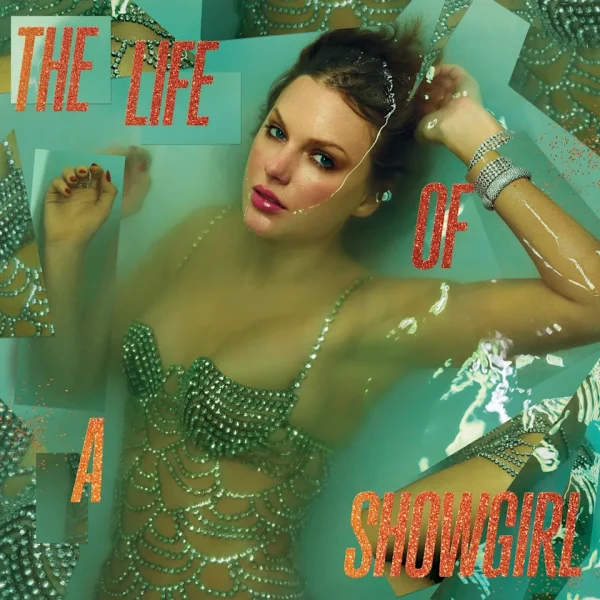Fired Up!
American prisons have unjustly strayed far from their original purpose, making the rehabilitation process much more difficult
photo by Bethany Barker
Seeing rapper Lil Wayne pose for a photo op with Donald Trump on the 2020 campaign trail was a jarring experience; anyone who willingly calls themselves a “Lil” anything standing next to one of the most powerful political figures in the world sounds laughable.
On one hand, the obvious desperation of many celebrities, lawyers and businessmen was almost comical. On the other, there is a much more sobering story. The American justice system has been under intense scrutiny recently, and for good reason. For those who did not receive clemency and do not have an in with politicians and elite businessmen, they will not have as easy of a life after prison.
People like Former White House Chief Strategist Bannon who embezzled thousands of dollars will likely find their footing fast, as they have many political and financial connections. Underprivileged convicts will face a much more difficult set of challenges, both in and outside of jail.
To start, the basic purpose of prison is reform; it is to improve those with dangerous behaviors. Yet, taking a look inside the jails and correctional facilities nationwide have shown otherwise.
In 2018, The US Department of Justice found that sexual assault against female inmates at Florida’s Lowell Correctional Institue was rampant, citing numerous cases of violence at the hands of the prison’s staff. In 2019, The Southern Poverty Law Center, Florida Legal Services and the Florida Justice Institute launched a lawsuit against the state of Florida, in which they outlined the habitual use of solitary confinement, where inmates were subjected to months of punishment. In 2020,Tampa radio station WUSF reported that Florida prisons were severely overcrowded and faced “frequent” occasions of guard-inmate abuse, which they found to be traumatic for both parties.
The multiple instances of violence and gross corruption filed against the prison system have shown that correctional officers and supervisors have taken the liberty to bestow justice on inmates. This is a gross overstep of the bounds of their job and is quite frankly, illegal.
Currently, correctional officers in Florida are, at the most, required to have graduated from high school, have a valid driver’s license and pass a medical exam. They are not required to complete any kind of mental health training or be educated on Florida law. Prison guards are not judges, lawyers, or prosecutors. Unless it is in self defense, there is zero obligation to assault any inmate.
Some might believe that inmates are not deserving of humane treatment or opportunities for rehabilitation. It is true that some are incapable of changing their behavior, but regardless, the miserable conditions of prisons nationwide are unacceptable for anyone to live in, much less improve in.
No inmate is the same, and each case, no matter the crime, will have different facts. Many have made genuine mistakes and for them, change is possible.
Rather, change SHOULD be possible. Inside prisons, the toxic atmosphere does more harm than good. Days spent confined in tiny rooms with zero communication is not going to reform anyone. Getting tackled by an angry prison guard is not going to reform anyone. Being forced to trade sexual favors in return for basic necessities like toilet paper is not going to reform anyone.
On the outside, it is difficult for those with criminal records to receive any kind of job, let alone one that could support a normal life. With no income, there is no way to pay for housing or education. It seems impossible for prisoners to have any hope for a future without crime.
The Prison Policy Initiative in 2018 conducted a study finding that, “formerly incarcerated people are unemployed at a rate of over 27% — higher than the total U.S. unemployment rate during any historical period, including the Great Depression.” For those that spend months or years in prison, they can miss out on education or learning vocational job skills.
The state of Florida has contributed to the plight of those with criminal records. In 2020, The Department of Corrections proposed a budget cut of more than $200 million that would cut or reduce the amount of resources for education programs, community service projects and drug and alcohol abuse recovery programs.
Presidential pardons and friends in high places are not a solution for the majority of people, but that does not mean they should be subjected to a poor quality of life both in and outside the jail. With inmate reform programs in danger, the slim chances of education and work in the real world continue to drop.
We are going in the wrong direction. It may be hard to sympathize with those that break the law, but the truth is, prisoners are still people. It is entirely unfair to write off millions as “criminals,” and to stop caring once they are jailed. Crime does not end with imprisonment.
Your donation will support the student journalists of Hagerty High School. We are an ad-free publication, and your contribution helps us publish six issues of the BluePrint and cover our annual website hosting costs. Thank you so much!












